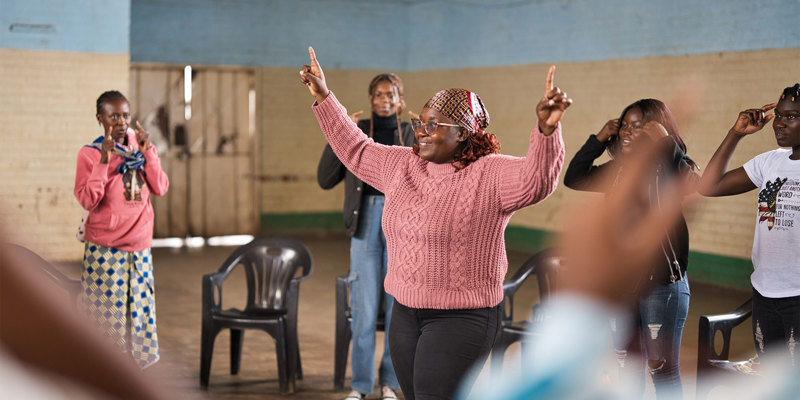Report Shows Huge Gains Against Malaria, but Challenges Remain
18 September 2015
LONDON - The Global Fund welcomes today's release of the WHO/UNICEF report, Achieving the Malaria MDG Target, which outlines the tremendous gains against the disease over 15 years and underscores the need to focus renewed efforts where malaria remains most concentrated, in sub-Saharan Africa.
Significant progress has been made since 2000, when malaria was killing close to one million people per year, the majority of them young children. A global effort to rapidly scale up prevention, treatment and care led to the Millennium Development Goal of halting and reversing the incidence of malaria by 2015 being met. Annual malaria deaths have fallen by 60 percent to 438,000. This equates to an estimated 6.2 million deaths averted -- approximately 5.9 million of those averted deaths were among children under five.
With strong support from the United Kingdom, the Global Fund has invested more than US$7 billion towards the global malaria control effort, supporting the distribution of 548 million mosquito nets and the successful treatment of 515 million malaria cases.
However, as today's report makes clear, further resources and sustained political commitment are needed to meet the global goal of a further 90 percent reduction in global malaria deaths by 2030.
"The fight against malaria is one of the biggest success stories of the 21st century," said Marijke Wijnroks, Chief of Staff at the Global Fund. "But this report also clearly shows that we can't stop now. We must focus on areas where the disease burden is highest and people are least able to access lifesaving prevention and care, such as mosquito nets and anti-malarial medication. The Global Fund is focusing its attention on countries with extremely high malaria burdens such as Nigeria, the Democratic Republic of Congo, Mozambique, Ghana and Kenya, with smart investments that deliver proven results in fighting malaria."
The report shows that between 2000 and 2015, the rate of new malaria infections fell by 37 percent globally. However, it also points out that sub-Saharan Africa continues to carry a disproportionately high share of the global malaria burden. In 2015, the region was home to 89 percent of cases and 91 percent of deaths associated with malaria.
A key element of the Global Fund investment approach is to leverage greater domestic contributions to fighting diseases such as malaria, which creates a larger pool of resources to combat the disease and strengthens country ownership. In countries that the UK Department for International Development has identified as priorities, domestic contributions are projected to increase by 86 percent by 2017.
The results announced today have been achieved through a global partnership involving technical leaders such as WHO, UNICEF and Roll Back Malaria, implementing governments in high-prevalence countries, donor governments, civil society and faith-based organizations and dedicated financing institutions such as the Global Fund.







